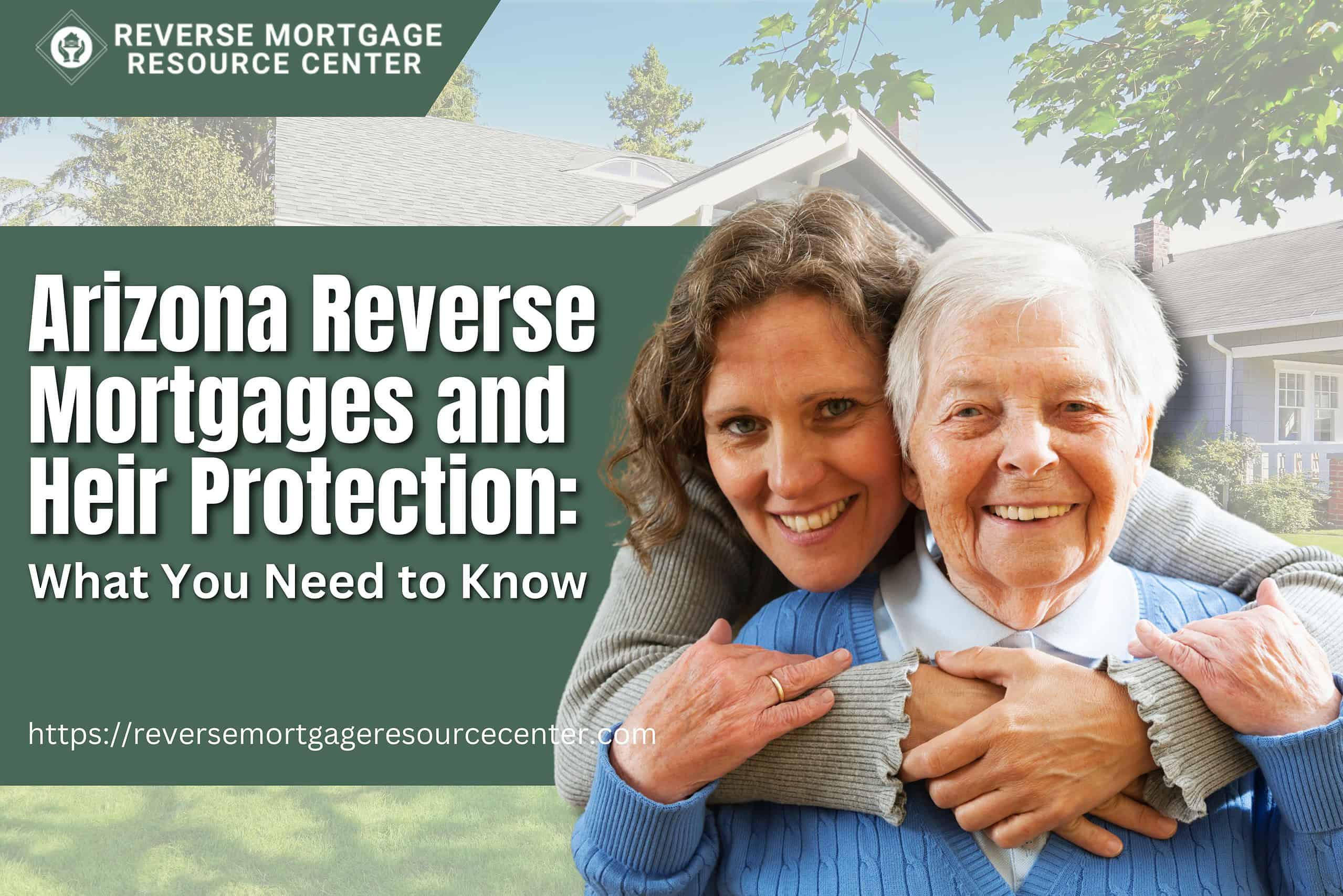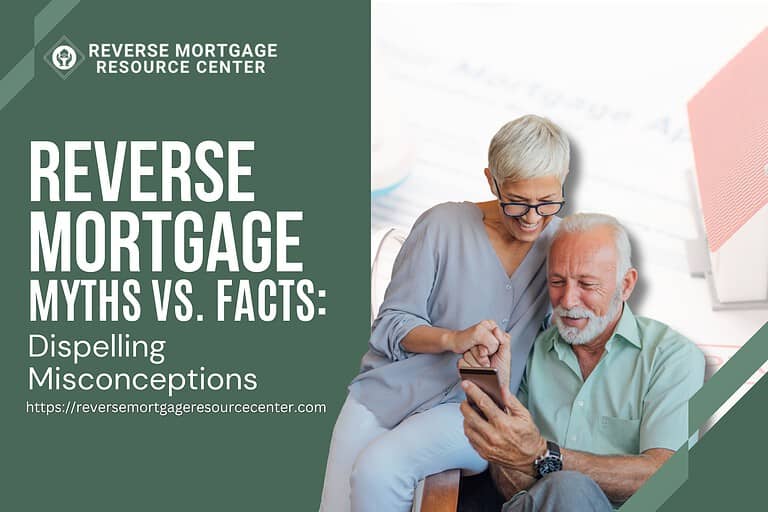Arizona Reverse Mortgages and Heir Protection: What You Need to Know
Reverse mortgages have become a popular choice for financial planning and future security, particularly for retirees wishing to tap into the equity of their houses. Arizona, with its diverse and increasing senior population, is no exception. However, when considering a reverse mortgage in Arizona, it’s critical to grasp the ins and outs and how to protect your heirs’ interests. In this in-depth tutorial, we’ll examine Arizona reverse mortgages, their merits, and cons, and offer helpful insights into heir protection techniques.
Understanding Reverse Mortgages in Arizona
What is a Reverse Mortgage?
A reverse mortgage is a one-of-a-kind home loan that enables homeowners aged 62 and up to convert a portion of their home’s equity into tax-free funds without selling their home or making monthly mortgage payments. The debt is repaid when the homeowner(s) permanently moves out, sells the home, or passes away.
Types of Reverse Mortgages
There are three primary forms of reverse mortgages in Arizona, like in most states:
Home Equity Conversion Mortgage (HECM): The most prevalent type is the HECM, insured by the Federal Housing Administration (FHA). It provides the most flexibility and is governed by federal restrictions.
Proprietary Reverse Mortgage: Private lenders offer proprietary reverse mortgages, which are not federally guaranteed. They may be appropriate for higher-valued residences and offer larger loan amounts.
Single-Purpose Reverse Mortgages: These are often provided by state or municipal governments or non-profit organizations. They are typically utilized for specific objectives like house repairs or property taxes.
The Benefits of Arizona Reverse Mortgages
Supplementing Retirement Income
One of the key advantages of a reverse mortgage is that it offers retirees access to an additional source of funds. A reverse mortgage can significantly impact a retiree’s quality of life in Arizona, where the cost of living is relatively low compared to other states.
No Monthly Mortgage Payments
Traditional mortgages require monthly payments, which can financially strain seniors living on a limited income. Monthly payments are not required with reverse mortgages. Mortgage payment relief can free up funds for other critical needs.
Keeping Ownership of Your Home
One prevalent myth concerning reverse mortgages is that they cause you to lose house ownership. This is not correct. The homeowner keeps ownership of the home and can continue to live there if the loan criteria are met, including property maintenance and payment of property taxes and homeowners insurance.
Flexible Disbursement Options
You can receive funds from a reverse mortgage in various ways, including a flat sum, monthly installments, or a line of credit. This adaptability enables you to personalize the loan to your requirements.
Potential Drawbacks of Arizona Reverse Mortgages
Accruing Interest
While you are not obligated to make monthly mortgage payments with a reverse mortgage, interest continues to accrue on the loan. This means that the loan balance will grow over time, potentially diminishing the equity in your house.
Costs and Fees
Like any other financial instrument, reverse mortgages have associated charges, such as origination fees, mortgage insurance payments, and closing costs. These expenses can reduce the loan’s overall benefits.
Impact on Heirs
One of the most important considerations when considering a reverse mortgage is how it would affect your heirs. Let us delve deeper into this topic.
Heir Protection and Planning
Understanding the Loan Repayment Process
Reverse mortgages are normally repaid when the homeowner(s) permanently vacate, sell, or pass away. The loan sum must be settled when this occurs, including accrued interest and fees.
For heirs, this can raise some important questions:
- What happens to the home after the homeowner’s passing?
- Can the heirs keep the home?
- How is the loan balance paid off?
Protecting Your Heirs’ Interests
To ensure that the loan does not burden your heirs, consider the following strategies:
1. Open Communication
Discuss your financial plans and the reverse mortgage with your heirs. Open communication can assist in avoiding future confusion and disputes.
2. Heir Eligibility
Determine whether your heirs are eligible to inherit the property. Most of the time, people can keep the house by paying off the loan sum, which can be accomplished by refinancing the loan, or using personal funds.
3. Non-Recourse Feature
Most reverse mortgages are insured by the Federal Housing Administration (FHA) and typically have a non-recourse feature. This means your heirs are not obligated to repay more than the home’s appraised worth, even if the loan balance exceeds that amount.
4. Loan Repayment Options
Consider the numerous debt repayment choices, such as selling the property, refinancing, or utilizing other assets. Your heirs may select the option that best matches their financial circumstances.
5. Heir Purchase
In some circumstances, heirs can purchase the home for the loan sum or 95% of the appraised value, whichever is less. This permits them to preserve the land in the family.
Professional Guidance
Obtaining professional guidance is critical when considering a reverse mortgage, especially if you’re concerned about how it might affect your heirs. Consult with financial experts, estate planning attorneys, and mortgage specialists to ensure your financial decisions are consistent with your long-term objectives and your family’s needs.
REVERSE MORTGAGE RESOURCE CENTER ~LIVE LIFE ON YOUR TERMS~
Our Lending Team has been serving our clients since 2004. We are passionate about serving our clients with integrity to help them achieve their financial goals.







